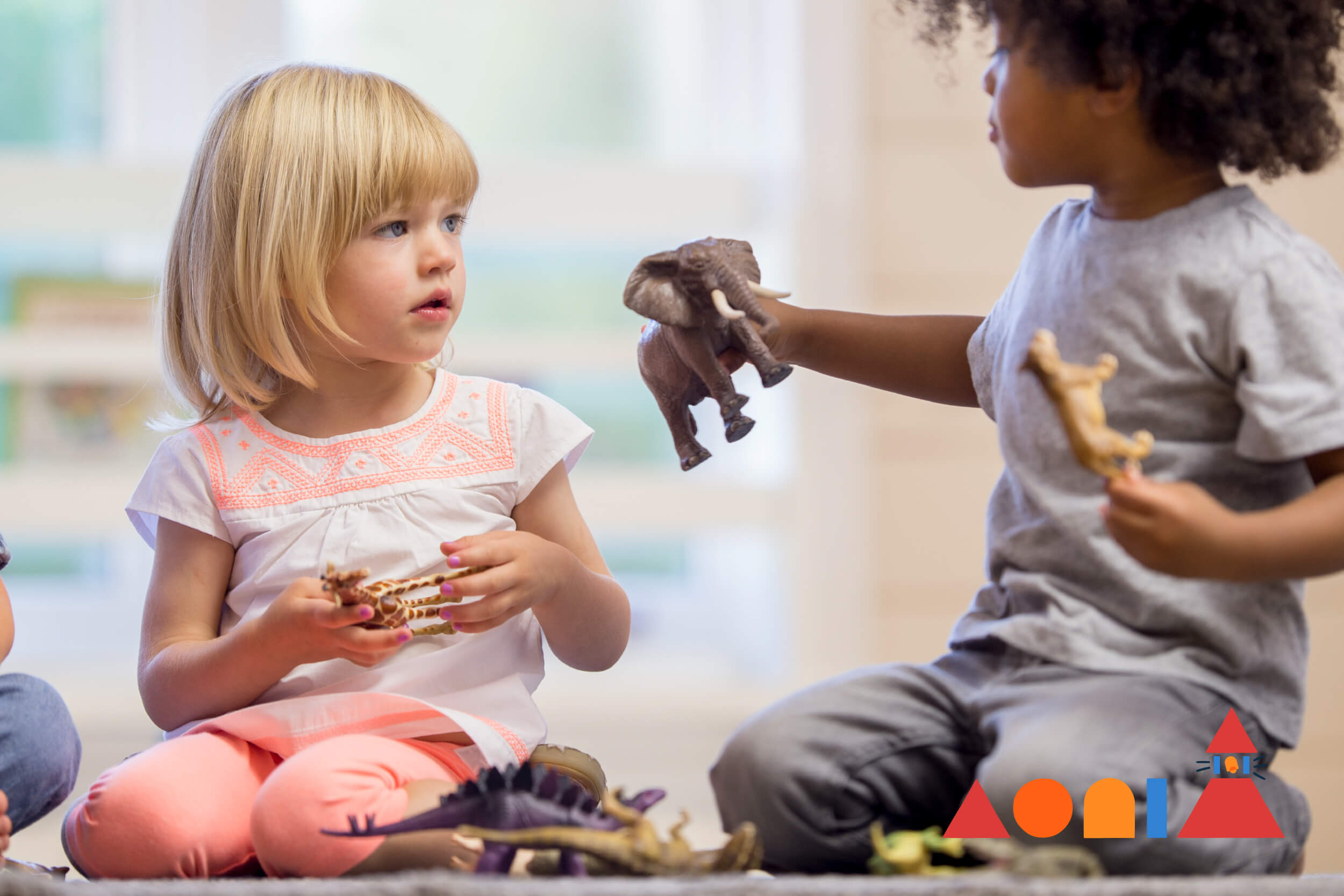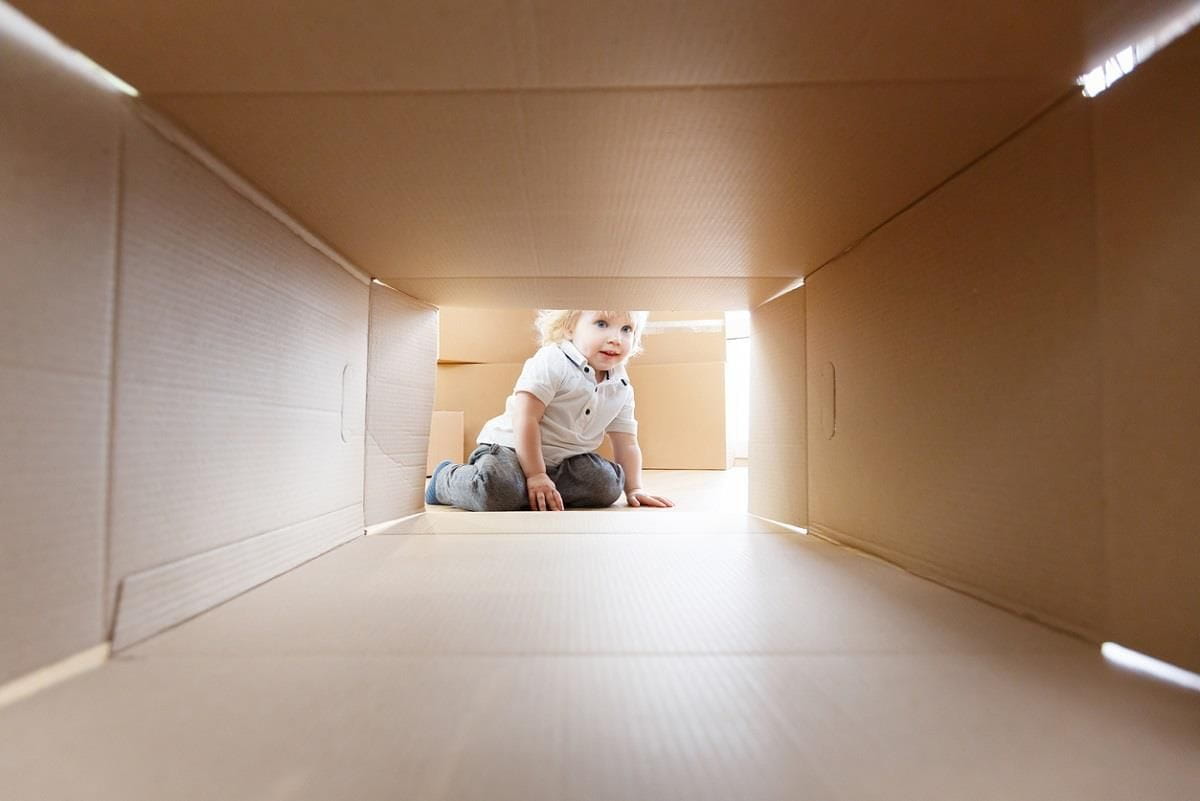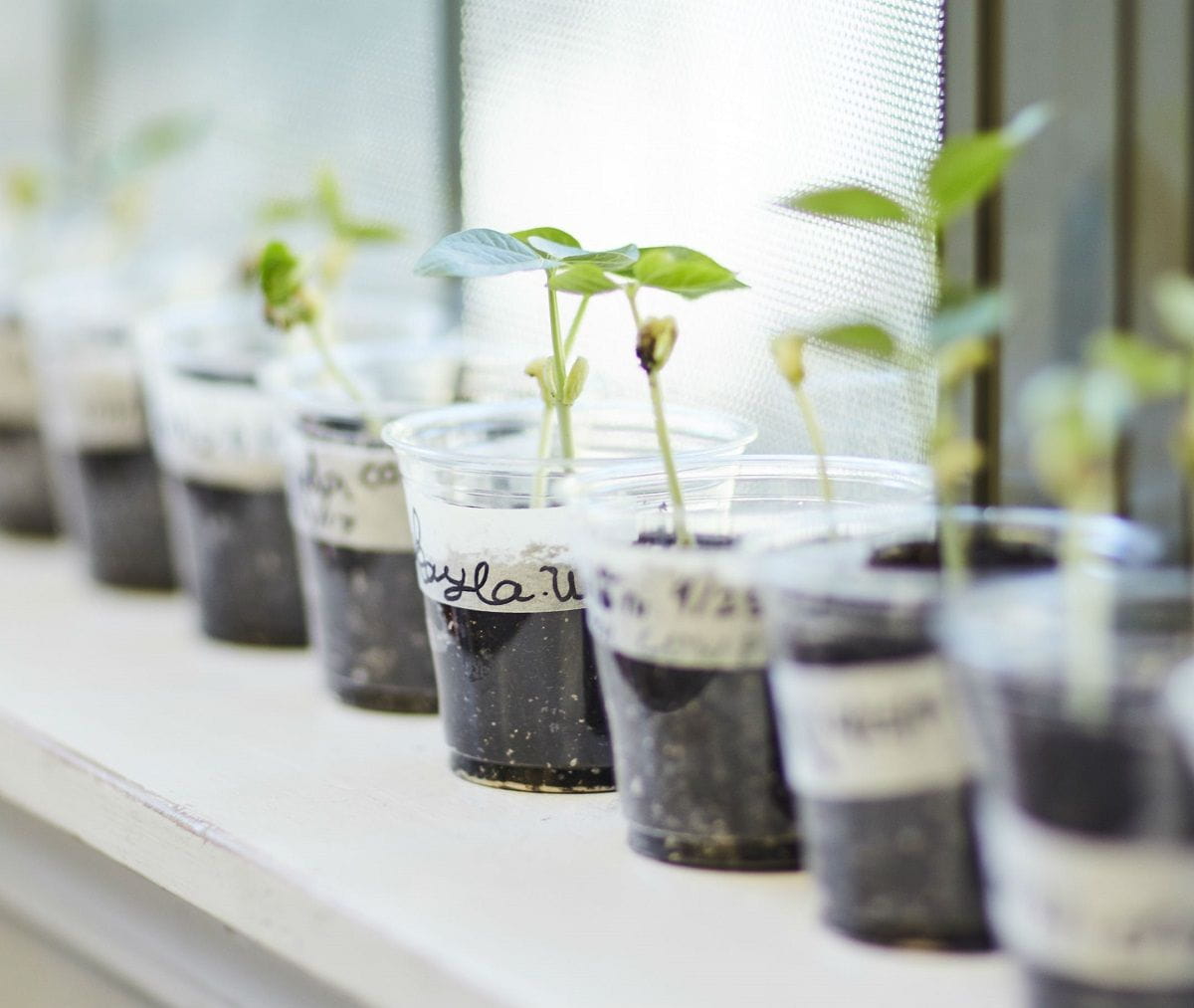Tips to Help Kids Be Friendly Without Being Friends
6-minute read
You can show your child how to be friendly to everyone, even if they are not friends with them.
- Model kindness and respect for your child, both at home to one another and to others when you’re out in your community.
- Point out when your kiddo shows kindness and name it for them.
- Play cooperative board games as a family.
- Practice sharing with our KinderCare Hack.
- Acknowledge and name feelings to recognize them and implement strategies to navigate them.
- Share with your child that all feelings are valid, but that there are ways to express negative and hard feelings without being unkind.
- Show safe ways for your child to express themselves in the moment without harming others physically or verbally.
From learning new things to recess fun to meeting new friends, back-to-school season is an exciting time for your kiddo—and you! This is the time when your child can flex some of the skills they have been working on and learn new ones, like kindness and acceptance.
But what if your little one doesn’t want to be friends with everyone in their class? Well, they don’t have to be.
You can show your child how to be friendly to everyone, even people they're not friends with. Because kindness really matters—it can boost confidence in yourself and those around you, contribute to a child’s development, and encourage others to pass kindness on, creating a more positive community for all. We’ve got some tips to help you navigate friendships now and throughout the school year.

Discovering and Exploring Kindness
There are so many moments throughout the day when you can model kindness and respect for your child. When you’re out running errands, make it a point to interact with cashiers at the grocery store, the barista at the coffee shop, and waitstaff at the restaurant—smile, ask them about their day, and offer to help them. Your child will pick up on these interactions and learn how a smile can really turn someone else’s day around.
Then, carry it over to your own home as well. Call out when your kiddo shows kindness and name it for them. For example, when they help out around the house, get specific about what they did, saying “Thank you for putting the dishes away, it was a big help to me,” instead of something that can be vague like “Thank you for being a helper.” It will give them a boost while encouraging them to do it again.
Cultivate Kindness at School and Home
Gather your whole crew to play cooperative board games. These games, like Unfoxed or Yeti in my Spaghetti, create an “us” problem instead of a “me” problem that everyone has to work together to solve. As you read or watch movies, acknowledge kindness in books and plotlines. If the characters get into a fight, try role-playing with your child and brainstorm ways to solve the characters’ problem. Another great activity to do at home is to practice sharing—this is a great skill to work on to prep for playdates and going back to school. Check out our KinderCare Hack on how to practice sharing.
When you pick your child up from school, use your commute time to try a new twist on “What did you do today?” by asking “How did you help someone today?” or “How were you kind to someone today?” This can be especially helpful if you’re getting one-word (or no word) responses to “How was your day?” Ask your question at a consistent time each day, like at pick-up, during dinner, or before bedtime. If you work this into your daily practice as a family, your child will expect it and know to have an answer each day.
How To Handle Unkind Moments
The first step is understanding emotional literacy—acknowledging and naming our feelings so we can begin to recognize them and implement strategies to navigate them. Share with your child that all feelings are valid, but that there are ways to express negative and hard feelings without being unkind. Show them safe ways to express themselves in the moment without harming others physically and verbally: stomp it out, walk away, talk to an adult, or take deep breaths. You can also create a calm space and an active space to encourage self-awareness and self-regulation.
And lastly, show your child—and yourself—some grace. Sure, there are times when we have to ask for forgiveness or help a friend feel better, but mistakes are part of the learning process. It takes time to learn these skills, and the more consistent and flexible you can be as a family, the more successful your child will be.
When your child is friendly to everyone, even those they’re not friends with, it empowers others to do the same and helps to create a positive environment for all.




